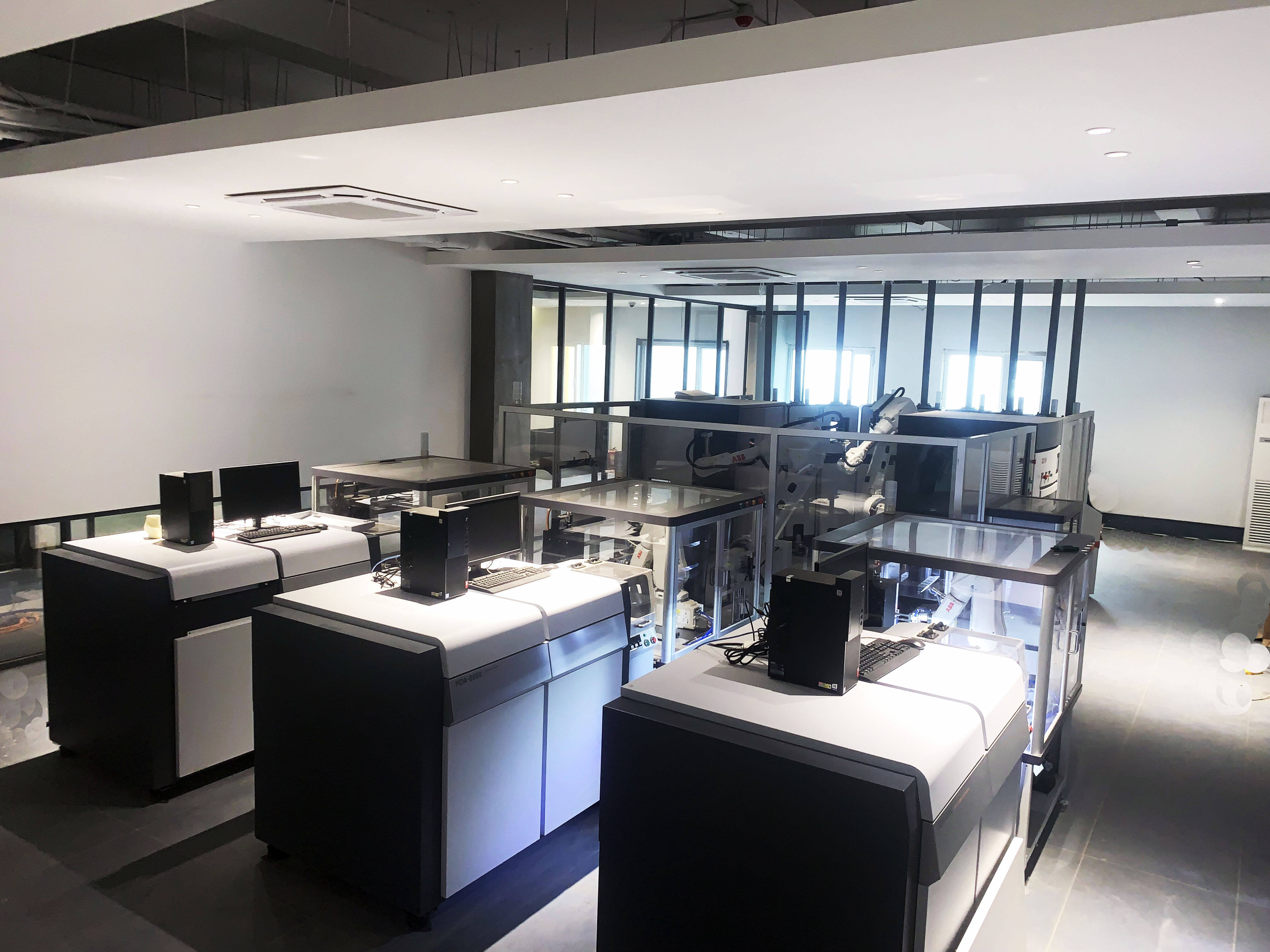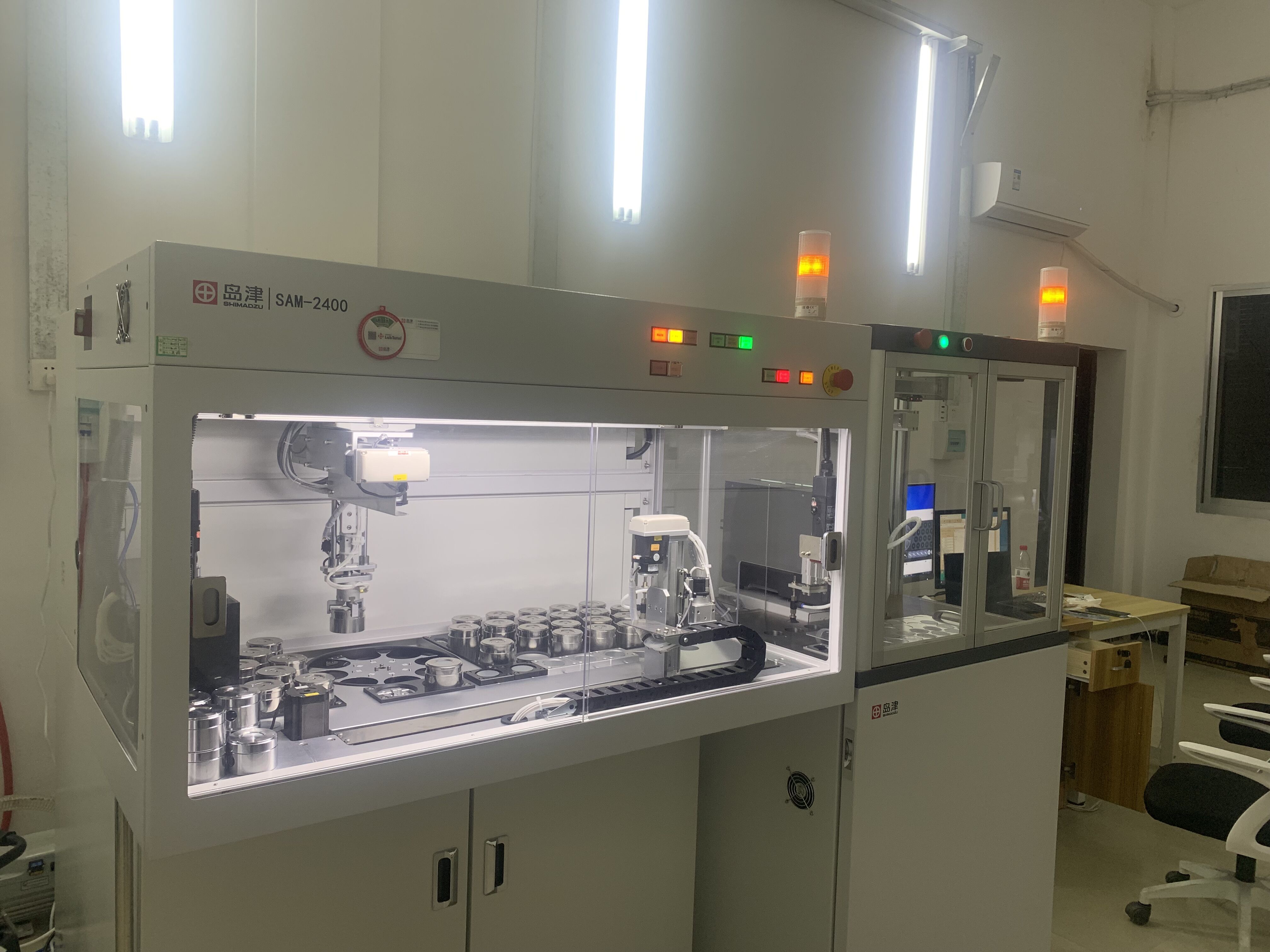industrial automation and robotics
Industrial automation and robotics represent a transformative force in modern manufacturing and production processes. This technology combines advanced mechanical systems, sophisticated control algorithms, and intelligent sensors to automate repetitive tasks and complex operations. At its core, industrial automation integrates programmable logic controllers (PLCs), robotics arms, conveyor systems, and smart sensors to create seamless production workflows. These systems can perform tasks ranging from basic assembly and packaging to intricate welding and precision manufacturing. The technology features advanced vision systems for quality control, adaptive learning capabilities for process optimization, and real-time monitoring solutions for maintenance and performance tracking. Applications span across numerous industries, including automotive manufacturing, electronics assembly, food processing, and pharmaceutical production. Modern industrial robots can achieve remarkable precision, working 24/7 with consistent quality and minimal downtime. The systems incorporate safety features such as emergency stops, light curtains, and collaborative robot technologies that enable safe human-robot interaction. With Industry 4.0 integration, these systems can now communicate with other machines, collect and analyze data, and make autonomous decisions to optimize production processes.

